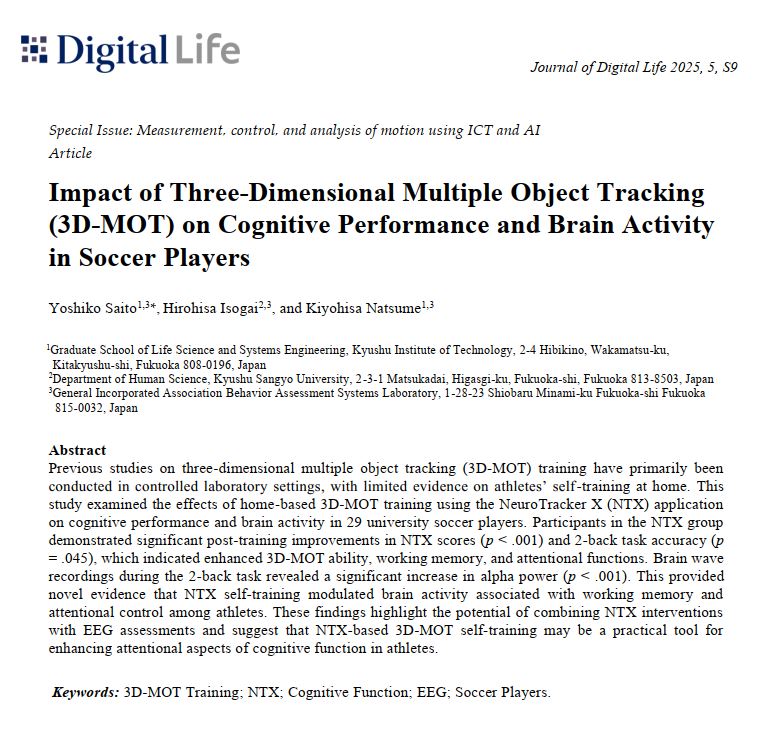Welcome to the Research and Strategy Services at in today's fast-paced.


The human microbiome goes unnoticed by the naked eye, yet it is an astonishingly complex community of trillions of microorganisms that inhabit our skin, mouth, and gut. A bit like a bustling metropolis, these microbial inhabitants are part of our personal ecosystem, influencing our health in many profound ways that science has only recently started to reveal, even including our mental health. Here we'll introduce what the microbiome is, it's various roles, and highlight its significance for our overall wellbeing.
The term "microbiome" refers to a collection of microorganisms that inhabit a specific environment. For humans, the most well-known microbiomes are located in the gut, skin, and mouth. Each of these habitats is home to unique communities of microorganisms that serve distinct roles in our overall well-being. Although they live in symbiosis with us, if their composition becomes imbalanced (AKA dysbiosis) or weakened, then there can be negative repercusions of specific aspects of our health.

The gut microbiome, nestled within our intestines, is the most extensively studied of all. Comprising trillions of bacteria, viruses, fungi, and other microorganisms, it forms a complex ecosystem crucial for human health. The gut microbiome plays a pivotal role in:
Digestion: These microbial inhabitants assist in breaking down food, extracting nutrients, and even synthesizing essential vitamins.
Immune Function: They contribute to a well-functioning immune system by training immune cells and providing defense against harmful pathogens.
Metabolism: The gut microbiome is now known to influence weight and energy balance, impacting conditions like obesity and diabetes.
Brain Health: Through the gut-brain axis, it communicates with the central nervous system, affecting mood, cognition, and even mental health.
On the surface of our bodies, the skin microbiome exists as an extensive community of microorganisms, including bacteria, fungi, and viruses. While we might associate microbes with infection, these microorganisms are vital for our health. The skin microbiome is essential for:
Barrier Function: By outcompeting harmful pathogens, it forms a protective barrier that prevents skin diseases and infections.
Immune Modulation: It plays a crucial role in training the immune system to respond appropriately to challenges.
Wound Healing: Recent studies suggest that the skin microbiome influences how quickly wounds heal and scar formation.
In the oral cavity, a diverse range of microorganisms resides in the mouth microbiome. These microorganisms maintain a balance that is essential for our oral health by:
Dental Health: They influence the development of dental plaque and caries, a process that leads to tooth decay.
Oral Infections: A well-balanced oral microbiome can prevent infections like gingivitis and periodontitis.
Systemic Health: Emerging research suggests a link between the oral microbiome and systemic conditions, including heart disease.

One of the most fascinating discoveries in recent years is the intricate connection between the gut and the brain, known as the gut-brain axis. This bidirectional communication system involves not only the nervous system but also the immune system and endocrine system. The gut microbiome is a key player in this dialogue, influencing:
Mood and Behavior: Emerging studies suggest a link between the gut microbiome and psychiatric disorders, such as anxiety and depression.
Neurological Health: The gut microbiome may play a role in neurodegenerative diseases like Alzheimer's and Parkinson's.
Cognitive Function: The gut-brain axis is involved in modulating cognitive function and may impact conditions like autism.
In the landscape of the human body, the microbiome is a new realm of biological science that is accelerating our understanding of health and disease. As research continues, we are uncovering more knowledge on the profound influences of the gut, skin, and mouth microbiomes, as well as the pivotal roles microbes play in psychological health via the gut-brain axis. The microbiome is not just a fascinating scientific phenomenon, it is very much part of who we are and plays a central role in our overall wellbeing.







Welcome to the Research and Strategy Services at in today's fast-paced.

If your thinking feels slower than usual, it doesn’t automatically mean something is wrong. This guide explains common short-term causes, normal cognitive variability, and how to interpret changes calmly over time.

Many professional roles require cognitive performance to be sustained over long periods rather than demonstrated briefly. This article explains how sustained cognitive load shapes performance in knowledge-work and monitoring environments.

An overview of the important interpretational difference between temporary changes in brain state, and durably lasting changes in cognitive capacities.
.png)